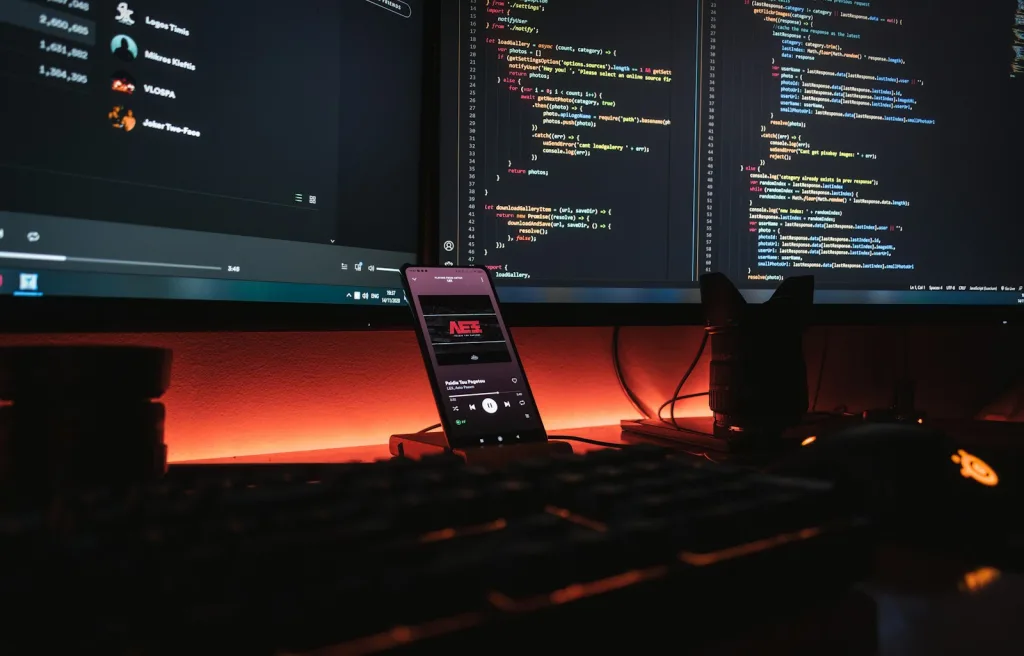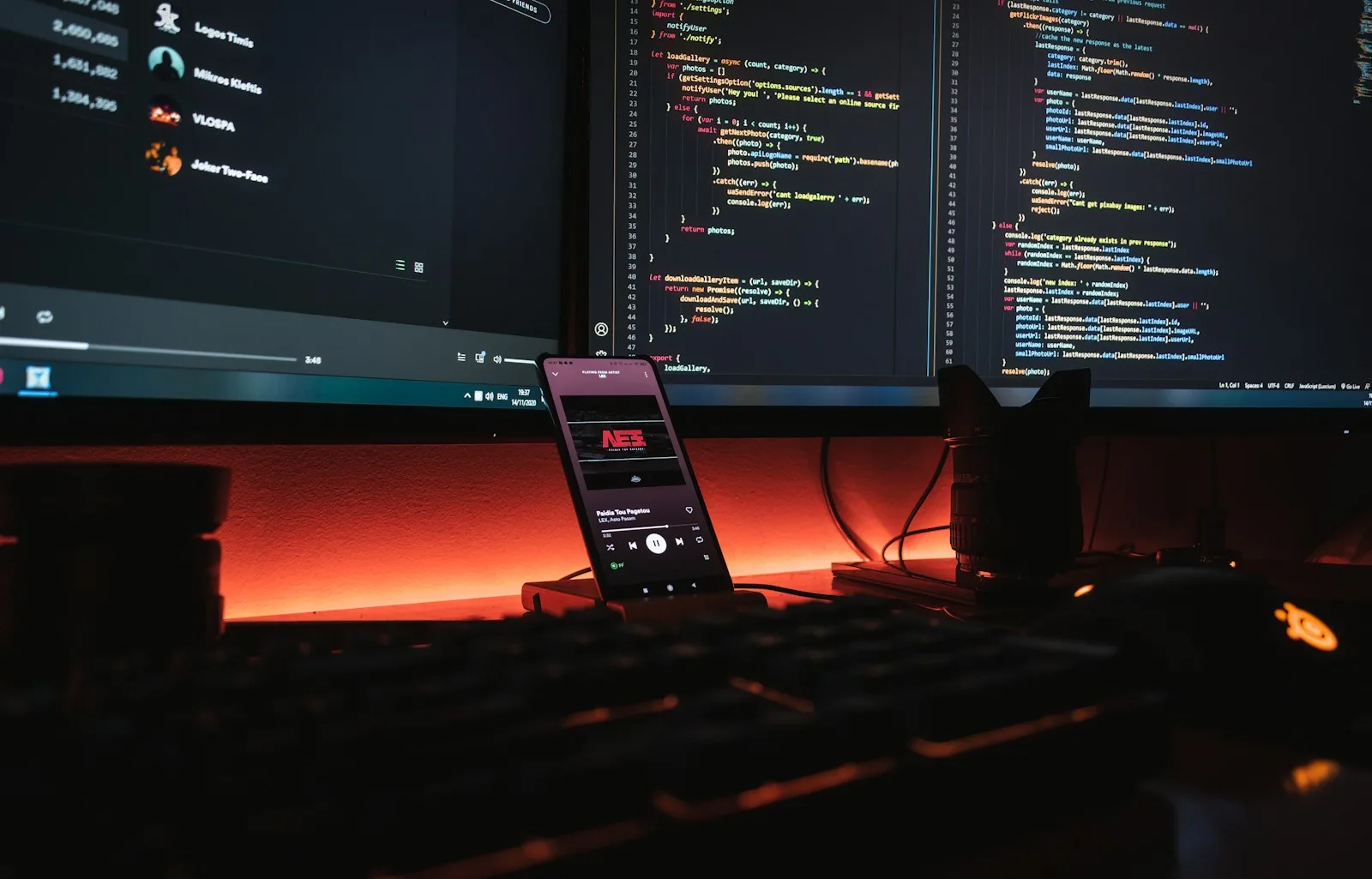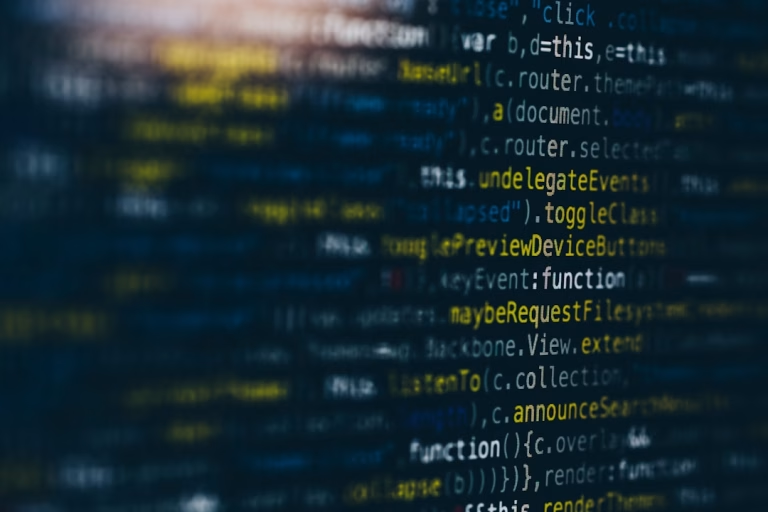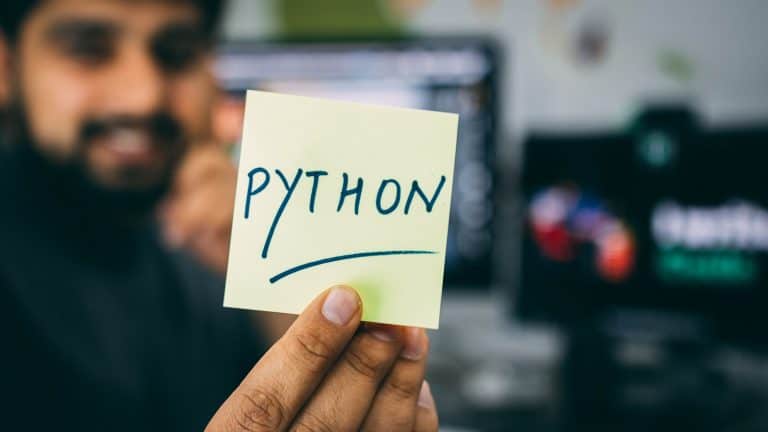Programming Fundamentals: Variables, Loops, and Functions

Understanding the fundamentals of programming is crucial for anyone looking to become proficient in creating software. This guide covers three foundational concepts: variables, loops, and functions, which form the backbone of programming. Whether you’re just starting out or need a refresher, this article provides a clear explanation of these essential elements.
What are Variables?
Variables are basic storage containers that hold data which can be manipulated by a program. They are used to store information such as numbers, text, or more complex data structures. Variables must be declared with a specific data type, which dictates the kind of data it can hold, such as integers, decimals, or strings.
Example in Python:
# Declaring variables
name = "John" # A string variable
age = 30 # An integer variable
height = 5.9 # A floating point variable
Understanding Loops
Loops are one of the fundamental concepts in programming used to execute a block of code repeatedly under certain conditions. This is useful for tasks that require repetition, such as processing items in a list, generating repeated outputs, or iterating through data.
Types of Loops:
- For Loop: Repeats a block of code a specified number of times.
- While Loop: Continues to execute as long as the specified condition is true.
Example in Python:
# For loop example
for i in range(5):
print(i)
# While loop example
count = 0
while count < 5:
print(count)
count += 1
Functions in Programming
Functions are blocks of organized, reusable code that perform a specific action. They help break down complex programming tasks into smaller chunks, make programs easier to read and maintain, and eliminate redundancy.
Benefits of Using Functions:
- Modularity: Breaking down code into smaller, manageable pieces.
- Reusability: Writing code once and using it multiple times throughout the program.
Example in Python:
# Defining a function
def greet(name):
return "Hello " + name + "!"
# Calling a function
print(greet("Alice"))
Tips for Using Variables, Loops, and Functions
- Choose Descriptive Names: Use meaningful variable and function names to make your code more readable.
- Keep Functions Focused: Each function should perform one specific task.
- Avoid Hard-Coding Values: Use variables for data that may change or needs to be reused.
- Practice Writing Loops: Loops are fundamental to handling data sets and automations, so practice using different types of loops to understand their applications.
Conclusion
Variables, loops, and functions are the building blocks of any programming language. Mastering these concepts is essential for anyone aspiring to be a programmer, as they provide the foundation for understanding more complex programming principles.






